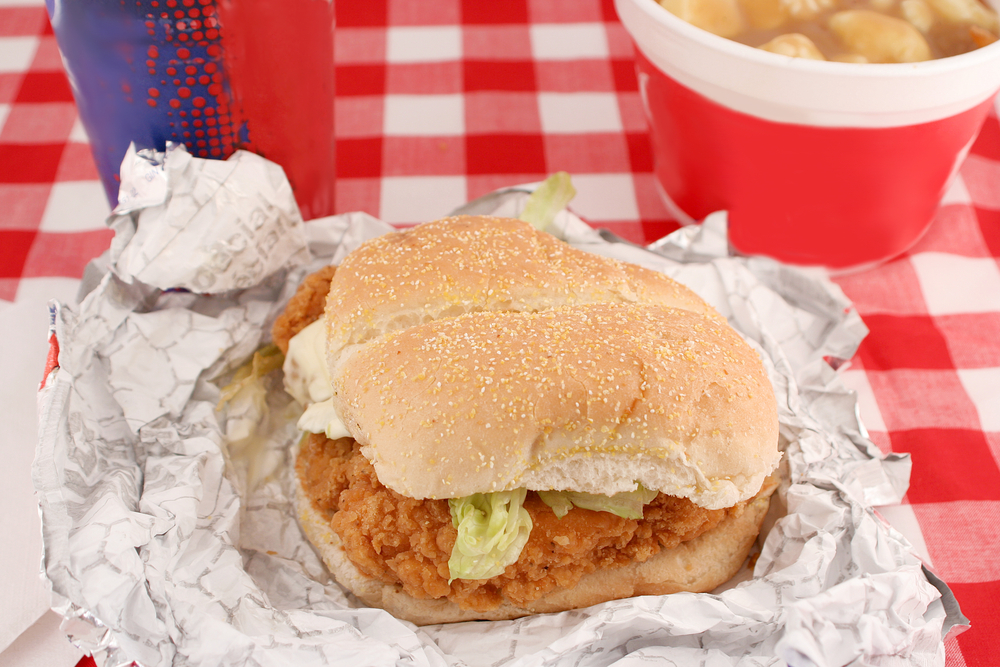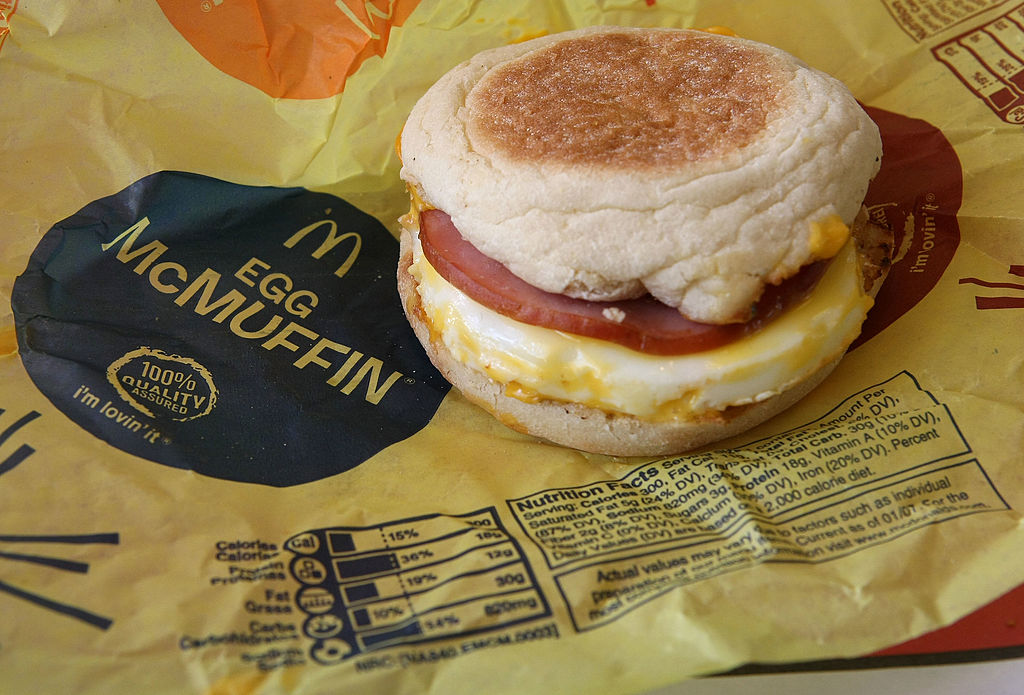
Fast food is a huge part of American food culture (on so many levels). From street truck tacos to late-night burgers with fries, we love all things salty, greasy, and fattening — even if we know they’ll cost us later. Now, a new study suggests that we might be paying for our binges in more ways than one.
Recent research found that a lot of fast food wrappers and containers contain a chemical known to lead to deadly forms of cancers (kidney and testicular), heart disease, thyroid disease, pregnancy-induced hypertension, and ulcerative colitis — just to name a few. These chemicals are also proven to interfere with children’s vaccinations.
Fluorinated chemicals [or per- and polyfluoroalkyl substances (PFASs and PFOAs)] are literally everywhere. Studies have shown that every single American shows at least trace signs of these chemicals. You might recognize them as the nasty chemicals behind the DuPont class action lawsuit when perfluorooctanoic acid was found in the water supply of a West Virginia town near their teflon plant. DuPont lost that case.
In the wake of that landmark win, US manufacturers agreed to phase the chemicals out of food packaging by 2011 and everything by 2015. You know where this is going?

The study cast a wide net and tested the packaging of 27 fast food chains from big ones like Starbucks, Taco Bell, and McDonald’s to tiny independents like that food truck down on the corner from your office where you got your gyro today. They found that one third of the packaging still had fluorinated chemicals — which are proven to migrate from packaging to your food to you. The worst offenders were “57 percent of Tex-Mex packaging, 56 percent of dessert and bread pouches, 38 percent of sandwich and burger bags, and one in five boxes for French fries.”
As recently as 2015, the FDA banned several fluorinated chemicals from food packaging. However, they left 90+ strains on the table for manufacturers to use — many of which have yet to be tested. And with the current climate in Washington being in severe anti-regulation mode, it’s hard to say what, if anything, will change in the near future. So make your fast food choices wisely.
(Via The Verge)






